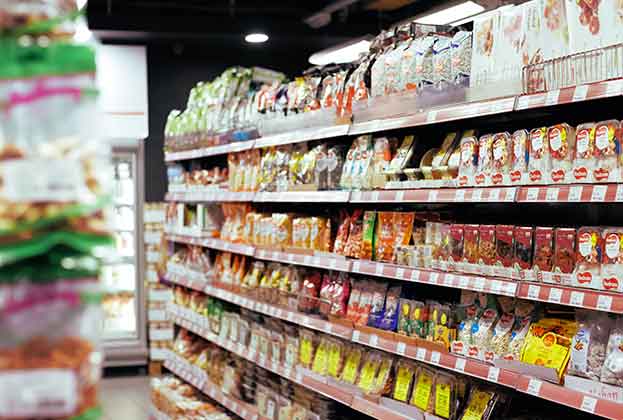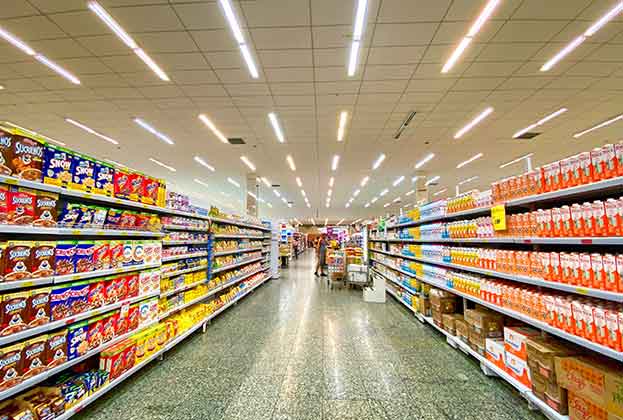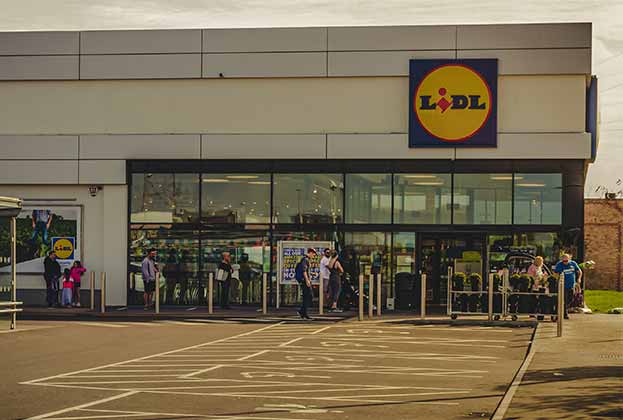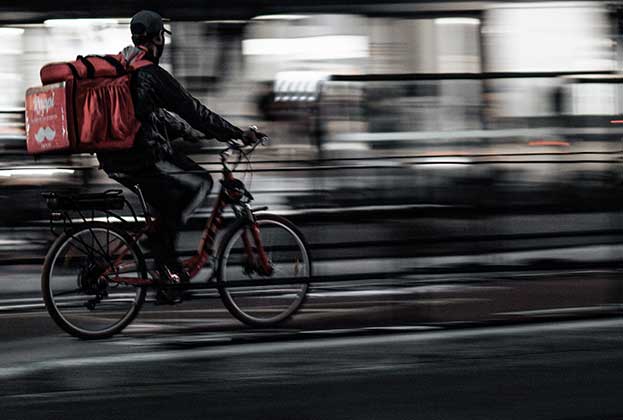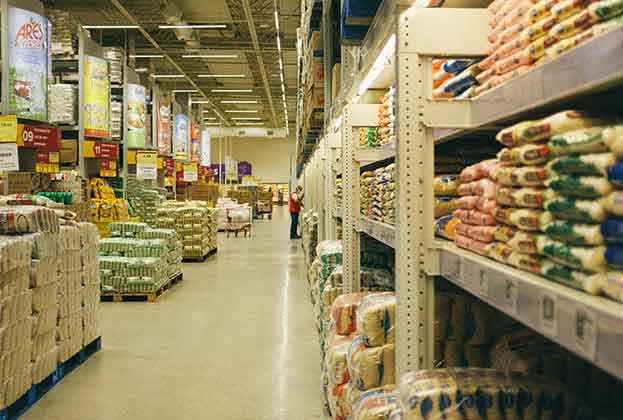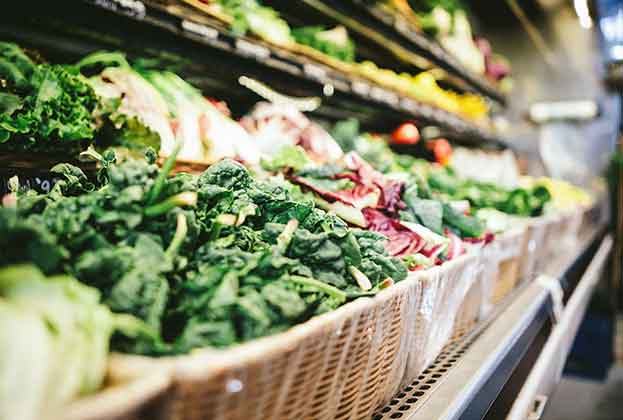Today’s customers expect more from physical stores. One important opportunity arising from this moment is for retailers to rethink their approach to the customer experience in-store…
…Robotics, touchscreens, artificial intelligence, stress-free supermarkets, fresh-food offerings, customer service, gastronomic areas or cooking classes are some examples that need to be integrated into the customer journey, improving the overall experience.
Digital technologies in-store
Electronic shelf labels
In order to improve the efficiency of price change, some supermarkets began to use electronic price tags. The electronic price tag is connected to the base station and the internet platform enabling automatic price updates. It also includes QR code, barcode, facilitating interaction between online and offline and giving customers a better shopping experience.
In 2020, Asda installed 23,000 electronic price tags and plans to test QR codes that can display allergen information or LEDs that flash when a home shopping picker enters an aisle to help them quickly locate items.
Smart shelves
The audio-visual technology gives supermarkets an opportunity to be more targeted in their campaigns. Large screens with changing imagery will currently highlight the variety of products available. This technology gives brands an opportunity to be more targeted in their marketing and can monitor the performance of the ads throughout 2021.
Shelf-edge Müller digital marketing display showing the latest Müller Corner TV advert went live in Asda stores across the UK at the end of November 2020. This content will be regularly updated to also feature core brands such as Müllerlight and Müller Rice.
Contactless shopping: Scan & Go
Scan & Go offers a convenient way to shop without staff interaction, supporting social distancing measures for customers. All the clients must do is scan and bag the items as they shop, using the handset provided, or the Scan & Go Mobile app and pass through the dedicated card checkouts to pay, with no need to unpack the trolley. In 2020, Asda extended Scan & Go Mobile to all stores to encourage contact-free shopping.
Grocerants
Supermarkets are in the process of losing their traditional function by turning into service providers: catering and food come together to create the concept of 'grocerants', a hybrid between a food shop and a restaurant.
Supermarkets with fully equipped dining areas offering a range of fresh and hot meal options allowing customers to enjoy 'in-store dining' before or after doing their grocery shopping; in-store cooking courses and wine tastings are just some examples of how supermarkets are losing their traditional function and becoming into service providers.

Buying fresh/buying local
Covid-19 pandemic has increased demand of customers to help their local producers while feeling better about food safety when produce is coming from suppliers they know.
Infarm is a Berlin-based start-up that has built over 700 modular farms inside supermarkets and restaurants. The fresh herbs, leafy greens, lettuces, and microgreens are harvested for consumers at the point of sale, meaning fewer transportation emissions. Among other German retailers, ALDI Süd has also decided to add this solution to its portfolio. By the end of 2020, twelve of its stores will feature Infarm farming platforms. Last year Marks & Spencer launched food boxes with products from selected farms, helping out farmers and reducing waste.
Sustainability
Sustainability marks the path of the supermarkets. As a result of the growing concern of the consumer for the environment, more and more people are opting to consume vegetable-origin food, reduce plastic and sell in bulk or consume seasonal products exclusively.
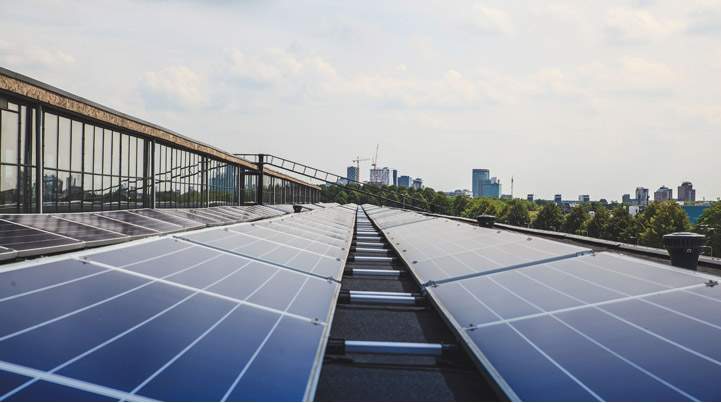
Packaging & recycling
Supermarkets have introduced alternatives to traditional shopping, inviting shoppers to bring their own containers to fill up with groceries at the store. Sainsbury’s has recently announced that it is trialling an in-store plastic recycling system that could save 7,000 tonnes of plastic a year, helping towards the target of halving its use of plastic packaging by 2025 and becoming net zero by 2024. Walmart announced it is doubling down on addressing the growing climate crisis by targeting zero emissions across the company’s global operations by 2040. Asda will this year remove a million pieces of plastic from its stores, finding a sustainable alternative for the shelf-edge labels used in temporary in-store displays and it has opened its new sustainability trial store in Middleton.
Throwaway culture
Founded in 2015 in Copenhagen, Too Good To Go is the largest business-to-consumer platform aiming to provide a solution for food service providers to sell their food surplus which otherwise would have been wasted at the end of the business day. This is via a mobile app where businesses (restaurants, bakeries, supermarkets, hotels and canteens) can add the food surplus they have, and consumers can view the offers available.
Carrefour joined the Too Good To Go community in 2017 saving. In 2019, Too Good To Go helped them save 74.744 meals across their megastores and their chains. This converts to 318,527 kg of CO2 saved since 2017.
Zero emissions
Many supermarkets have committed to carbon targets, such as reducing waste and sourcing electricity from renewable sources. In 2020, Sainsbury’s planned to invest $1.3 billion across 20 years to reduce its carbon emissions to a net zero by 2040, boosting its renewable energy usage and cutting down on overall energy use. Tesco has announced plans to set up new solar farms, fit solar panels on its stores and bring forward its commitment to reach net zero carbon emissions to 2035. In 2020, Tesco also put 30 electric delivery vans on the road in Greater London, the supermarket chain, Alcampo, has teamed up with a local start-up company, Revoolt, to offer its customers a low-emission home-delivery service in some cities of Spain.
Read the articles within Spotlight: European Food and Groceries Sector below.
.jpg)

